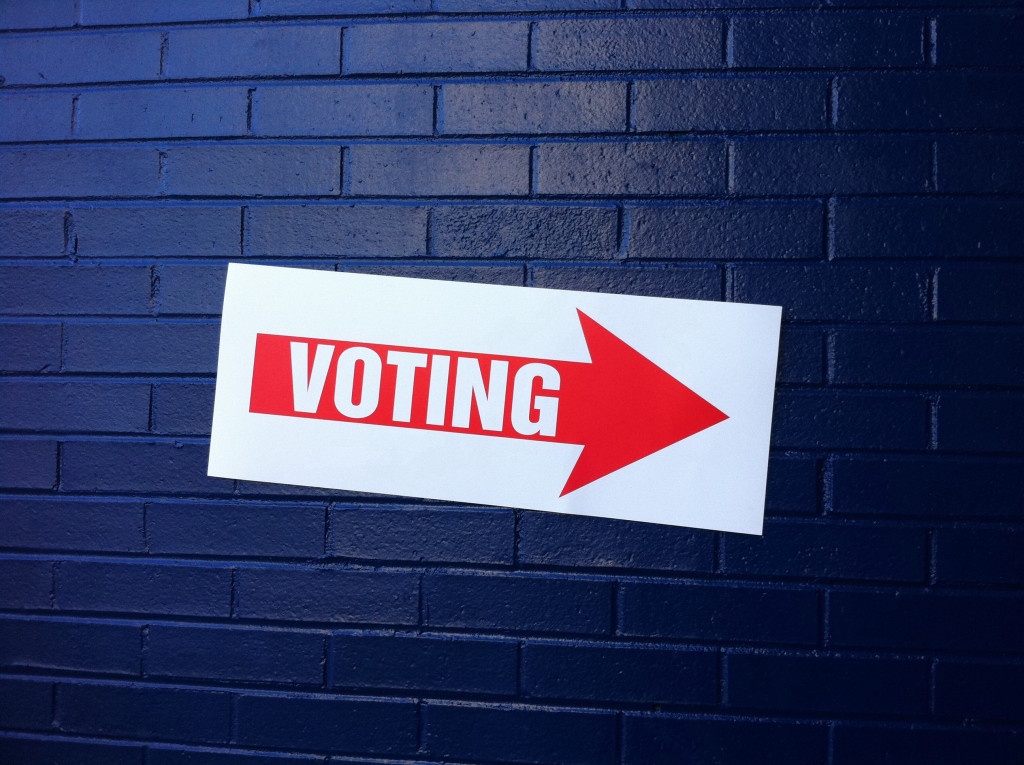A few days before the European elections we already know one of the results that will appear on the TV after the polling stations are closed. And although we are not able to estimate it precisely, no one has any doubts – the turnout in Poland will be record high.
Surveys and analytical centers predict different results; according to the former, we can count on more than 50%, according to analysts – slightly above 35%. It does not change the fact that it is still a huge leap, when compared to e.g. the 2014 euro-election.
At that time, the turnout in Poland was less than 24%. The experience of the Polish Euro-elections, however, has accustomed us to such results. Never more than a quarter of Poles went to the polls.
So what has changed? What makes us so sure of a high attendance this year?
Since 2015, when populist, rightist Law and Justice (PiS) won the election, political conflicts in Poland left the parliament buildings. Now, they are everywhere – on the streets, some have even crept into our houses.
It can be safely said that since 1989, Poles have not been as politically involved as now.
It is quite simple to understand why. Stabilization – gone. Rationalism – gone. There is a Polish-Polish civil war that we could not imagine a few years ago. Its main architects make sure that it lasts – it fues their engines and guarantees their survival.
So the Poles are at war, and their choices are the weapons – they are going to go vote much more likely than ever before. In the local government elections in 2018, they showed that they are able to easily jump past their average turnout.
Even so, it should be remembered that a large part of the voters constitutes a ‘negative electorate’ of one of the parties – they vote for anyone, but not on them. It is not a democracy. It is legalized hatred.
Moreover, some substantive issues for the EP election have been blurred. In particular, the ruling party is in fact making a run-up to the parliamentary elections in autumn. In the campaign, there are almost no slogans about Europe at all – new social programs are being presented, LGBT and immigrants are hated, security and peace are promised.
The national media with close ties to the ruling party show Europe only in a negative context. Not only is Donald Tusk criticized – recently, Frans Timmermans was targeted as well.
Such a behavior and running of the campaign cause Poles to succumb to this illusion and they themselves start to treat the forthcoming European election as national election. Their awareness of how important the EU is in their lives has not increased at all.
They do not become more pro-European. They simply treat the EP election as yet another battle in our political “civil war”. And so, the EP campaign is not a substitute war anymore, like Korea or Vietnam – now it is happening in the middle of the main front. It is like the Battle of Somme or Battle of Kursk – and no one wants to lose in such a clash.
It is difficult to think about it positively. We have to admit: the propaganda image of the EP campaign is somehow correct.
For Poles, May is the very last warm-up for the November campaign. They can estimate their strength, count each other, look at how much energy and ideas the opponent has, try the first hooks, check the reaction of the public.
European Election became a demo version of the autumn parliamentary election. The turnout will undoubtedly be higher – but at what cost?



